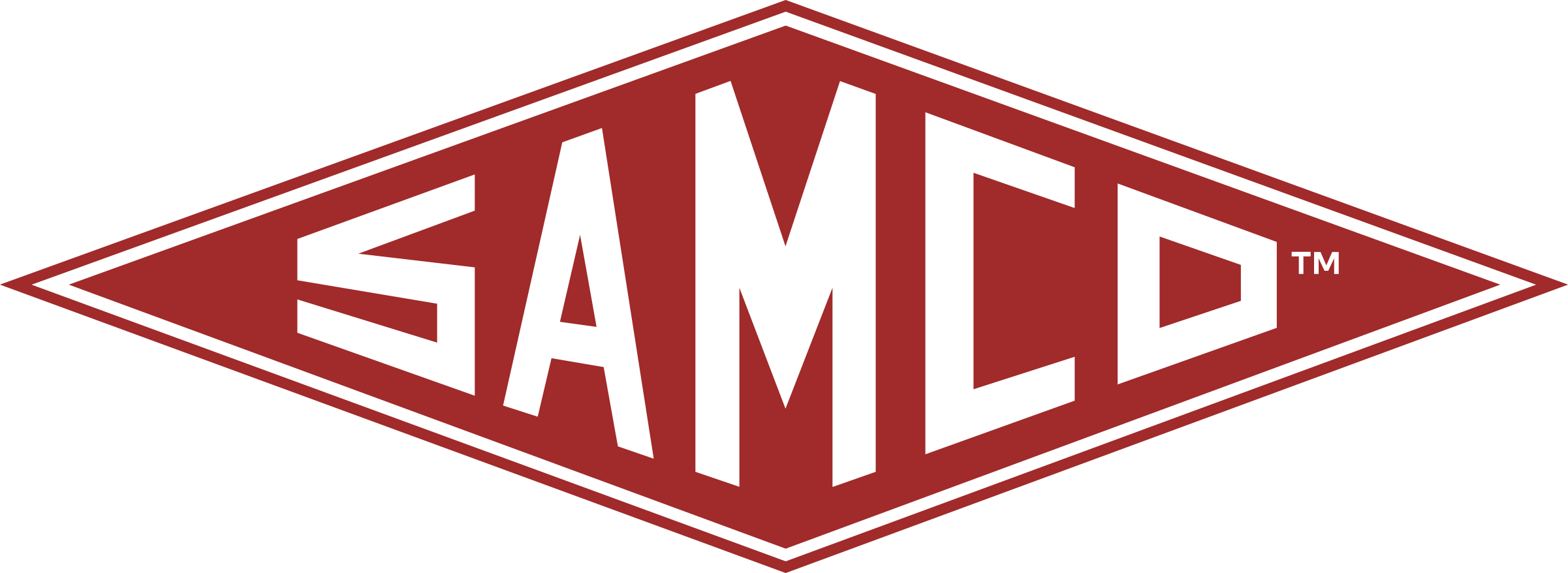
Pro Tips for Optimal Compressor Valve Performance
Introduction
The performance of reciprocating compressors heavily depends on the efficient functioning of compressor valves. These valves play a crucial role in allowing the flow of natural gas and preventing backflow, facilitating the compression process. To achieve optimal compressor valve performance, it is essential to implement a proactive maintenance and inspection program. In this blog, we will discuss a few pro tips that can help you enhance the performance of compressor valves, resulting in improved efficiency and reduced downtime.
-
Regular Maintenance and Inspection:
Regular maintenance and inspection are vital to ensure optimal compressor valve performance. Adhere to the manufacturer’s guidelines for maintenance schedules, cleaning, and lubrication. Routine inspections will help identify any signs of wear, damage, or clogging in the valve assemblies. By identifying and addressing issues early on, you can prevent costly repairs or valve failures later.
-
Monitor and Control Valve Clearance:
The correct valve clearance is crucial for proper operation. With time, valve seats and landing areas can wear down, leading to an increase in clearance. Ensure that you measure and adjust the valve clearance according to the manufacturer’s recommendations. Improper clearance can result in leakage, reduced efficiency, and potential valve damage.
-
Optimize Valve Material Selection:
Choosing the appropriate valve materials is essential to ensure longevity and optimal performance. Consider factors such as pressure, temperature, gas composition, and the presence of impurities. Ensure that the valve material is compatible with the gas being compressed to prevent degradation and premature failure.
-
Optimize Valve Plate Design and Configuration:
Valve plate design significantly affects compressor performance. Evaluate and optimize the valve plate configuration to maximize flow efficiency, minimize pressure loss, and reduce valve disc/seat impact. Consider factors such as lift, flow path, plate materials, and spring configurations to achieve the desired performance. Consult with manufacturers or industry experts for guidance on the best valve plate design for your application.
-
Monitor Valve Performance with Advanced Diagnostic Tools:
Utilize advanced diagnostic tools to monitor valve performance continuously. Real-time data monitoring systems can identify performance deviations, excessive leakage, or abnormalities that indicate potential issues. By analyzing this data, you can proactively schedule maintenance, minimize downtime, and maximize compressor efficiency.
-
Ensure the gas stream is as clean:
Keeping debris out of the gas stream is critical to the longevity of compressor valves. Compressor valves are not designed to take impacts from debris or unintended liquids in the gas stream. By utilizing proper filtration systems and performing regular maintenance on the lines feeding the compressor, the valves will operate as designed.
Conclusion
Achieving optimal compressor valve performance is critical for maintaining efficiency and minimizing operational issues. Following these pro tips, which emphasize regular maintenance, inspection, and optimization, will help ensure that your compressor valves operate effectively and efficiently. Incorporating these practices into your routine maintenance program will extend the life of your valves, reduce downtime, and ultimately save costs in the long run. Always consult with manufacturers or seek the advice of industry experts for specific guidance tailored to your compressor’s requirements.
